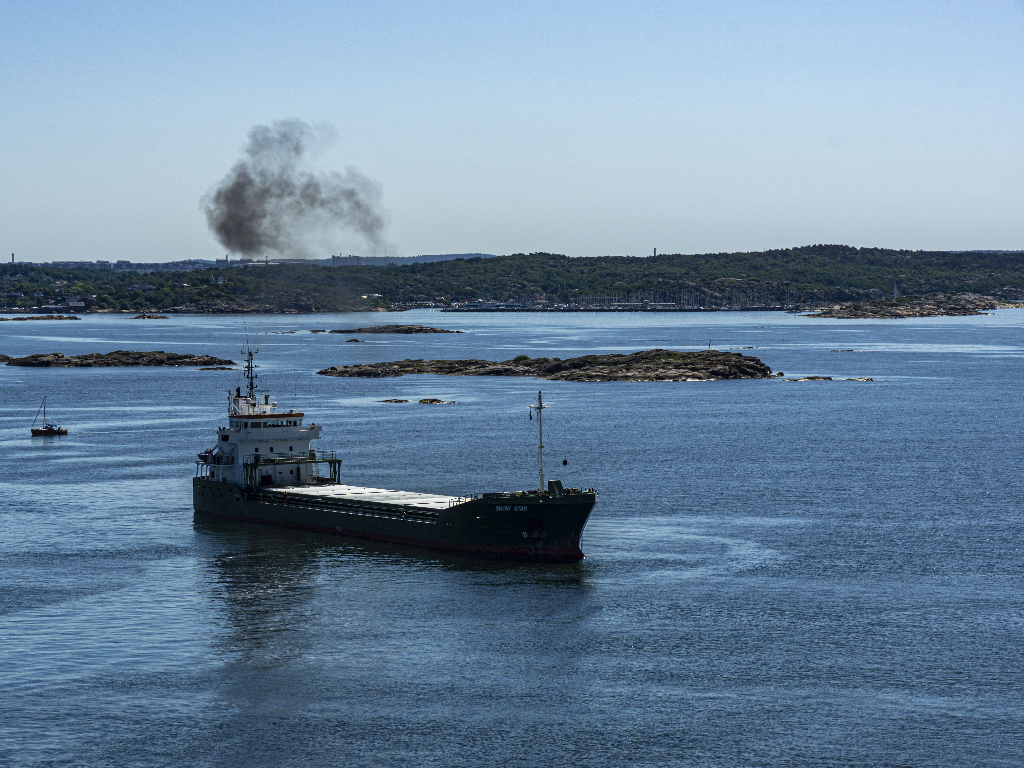Three more governments have endorsed a worldwide cross-sector initiative to catalyse the supply of green fuels. Panama, Uruguay, and Norway announced they would join the Clean Energy Marine Hubs Initiative on 7 November at COP27 in Egypt.
The Clean Energy Marine Hub Initiative (CEM-Hubs) is co-led by a taskforce of CEOs and is a cross-sectoral public-private initiative aiming to accelerate the production, export and import of low-carbon fuels across the world to support the global energy transition.
The three governments join the United Arab Emirates (UAE) and Canada, who were the first to join CEM-Hubs when it was announced at the Clean Energy Ministerial, in Pittsburgh, earlier this year. The initiative will engage with all members to facilitate information and knowledge exchange on policies, programmes, and decarbonisation projects. This will catalyse investments in the marine infrastructure needed to transport zero and low emission fuels from producer to consumer.
Also read: Canada and UAE first to back Clean Energy Marine Hubs Initiative
Clean Energy Marine Hubs to de-risk investment
CEM-Hubs is co-ordinated with the support of the International Chamber of Shipping (ICS), the International Association of Ports and Harbours (IAPH), and the Clean Energy Ministerial (CEM). Supporters believe that the initiative has the potential to de-risk investment and accelerate the commercial deployment and transport of alternative fuels, which are currently two to three times more expensive than fossil fuels.
The announcement of Panama, Uruguay and Norway joining came as part of the Green Shipping Challenge launch event at the world leader’s summit of COP27. Led by the United States and Norway, the Green Shipping Challenge aims to bring together governments, ports, maritime carriers, shipowners and cargo owners to find decarbonisation solutions for the industry.
A spokesperson for the Norwegian government remarked: ‘The scale of the challenge that is global decarbonisation is enormous, and the maritime sector needs to speed up the use of green fuels and technologies. By seizing the chance to work with ports, shipowners, energy providers – and in fact the whole maritime value chain – we and other governments at COP are sending a clear signal to others that there are opportunities for action rather than words on offer today.’
Also read: Clean Energy Marine Hubs to address shipping’s future fuels conundrum
Fleet needed to carry zero-carbon fuels
By 2050, the shipping industry is expected to transport at least fifty per cent of all traded zero-carbon fuels. However, there are currently almost no active projects which demonstrate this practically; for example, just one ship in the global fleet is able to carry liquefied hydrogen.
A recent submission to the IMO from ICS called for a ‘fund and reward’ scheme to raise money for the first movers who produce and use cleaner fuels. This was aimed at bridging the gap between various governments’ proposals and to ‘kick start’ acceleration of cleaner energy production.
‘A year on from COP26, a great deal is still being talked about the production of hydrogen and other low-carbon fuels, but very little on how this will actually be done,’ says Emanuele Grimaldi, chairman of ICS in Sharm El-Sheikh. That’s why this initiative is so crucial, because it brings together the whole energy value chain to ensure that producing, transporting, and using net zero-emission fuels becomes a reality.’
Also read: Maersk and Spain to explore large-scale green fuels production








